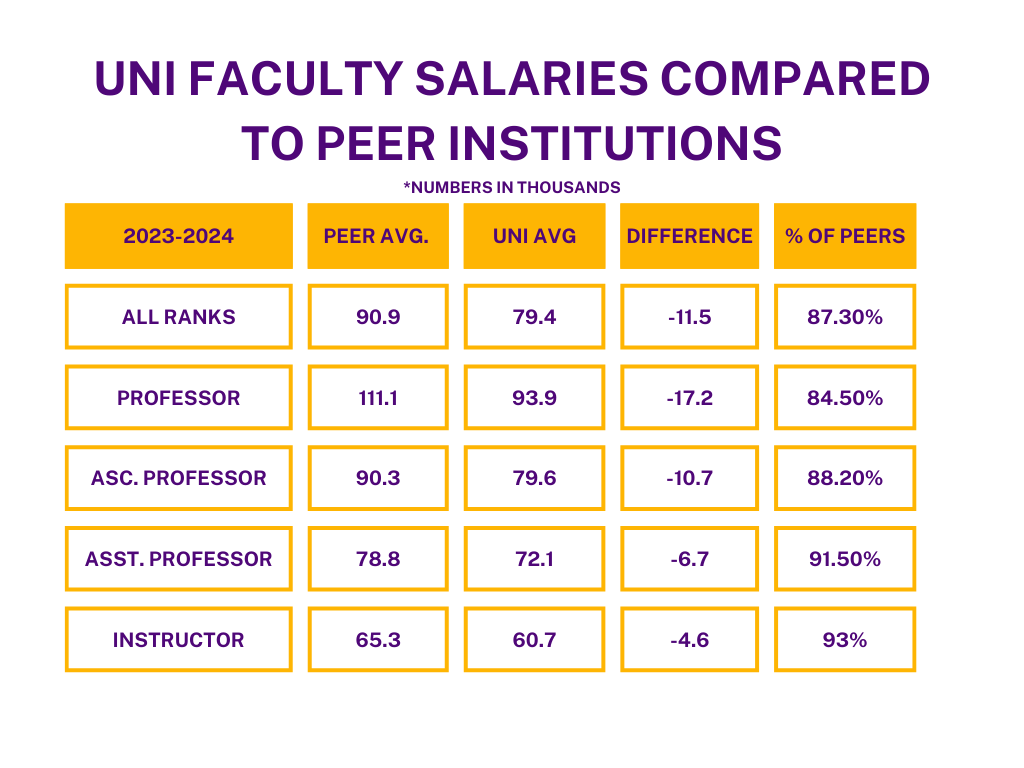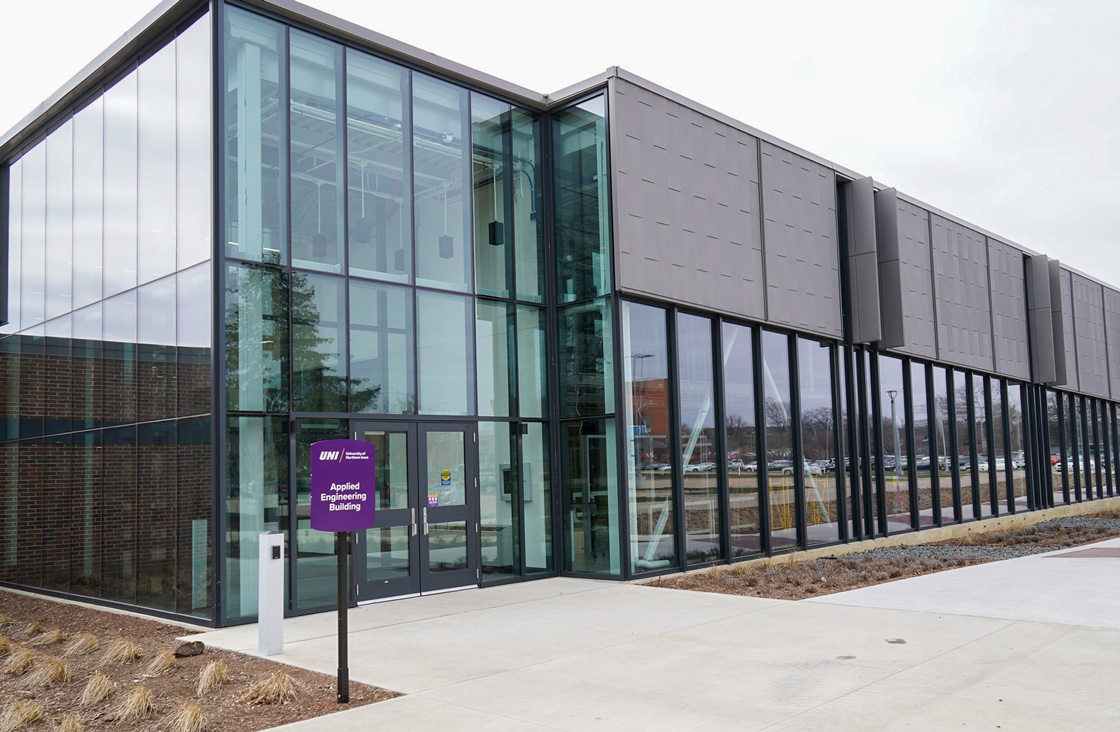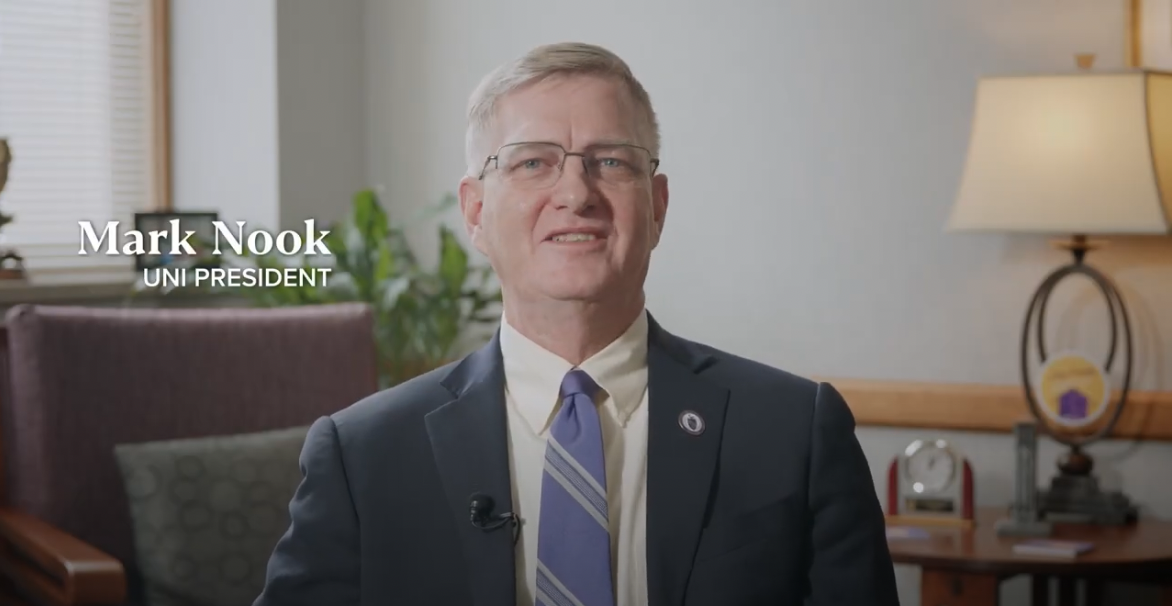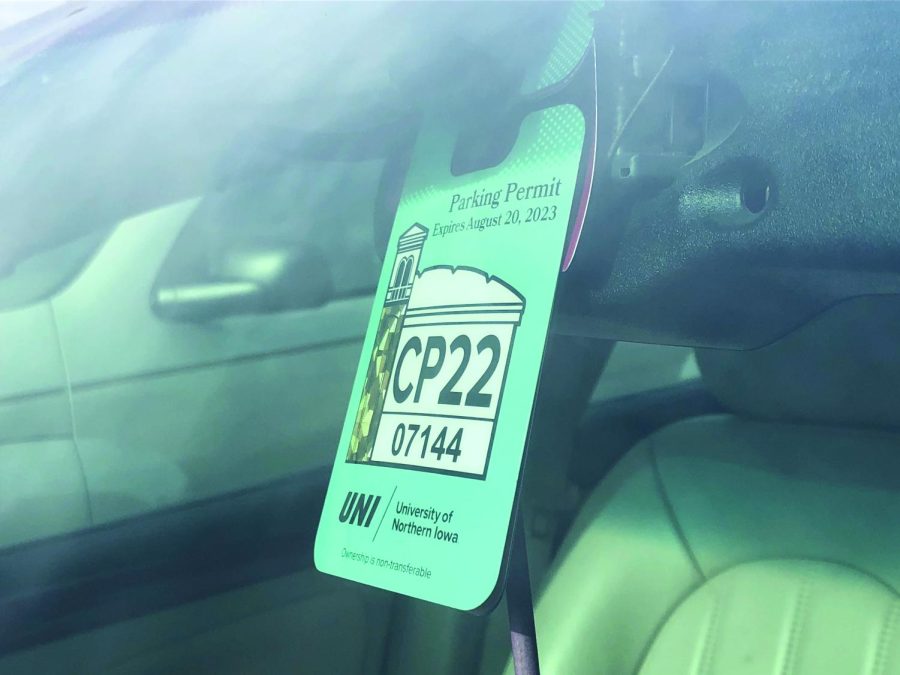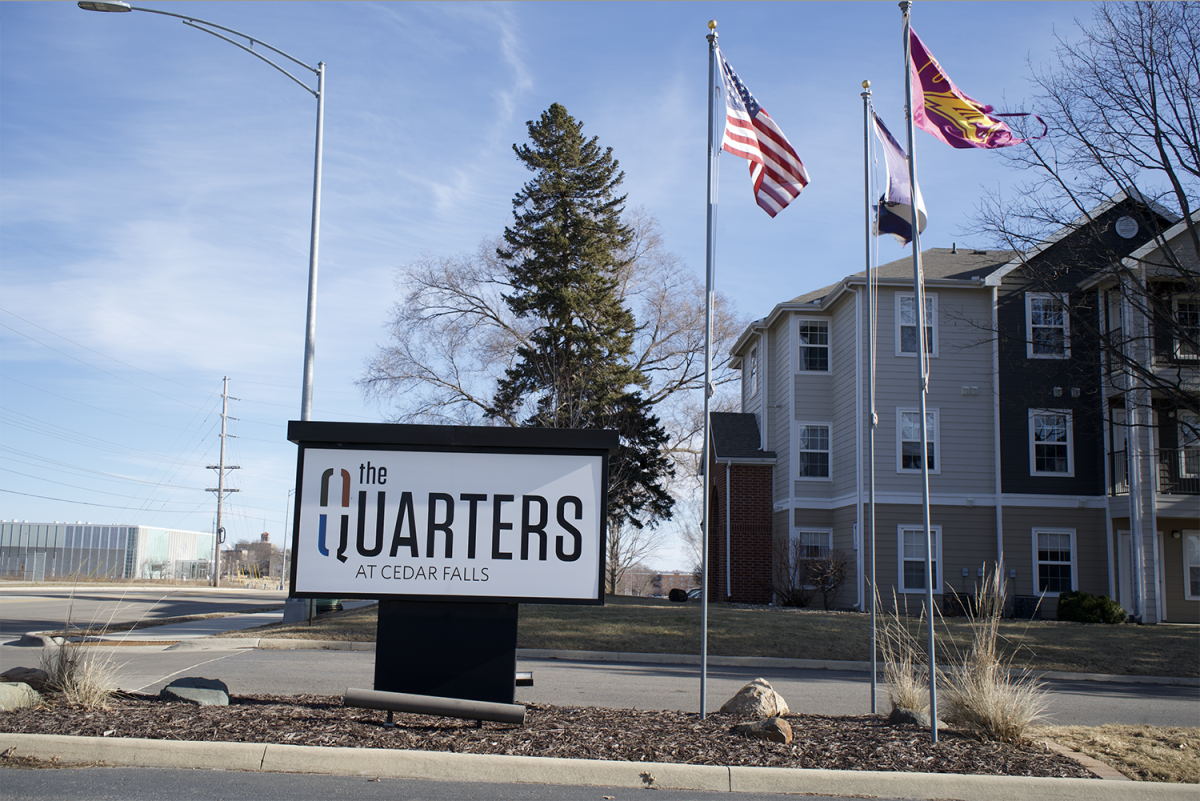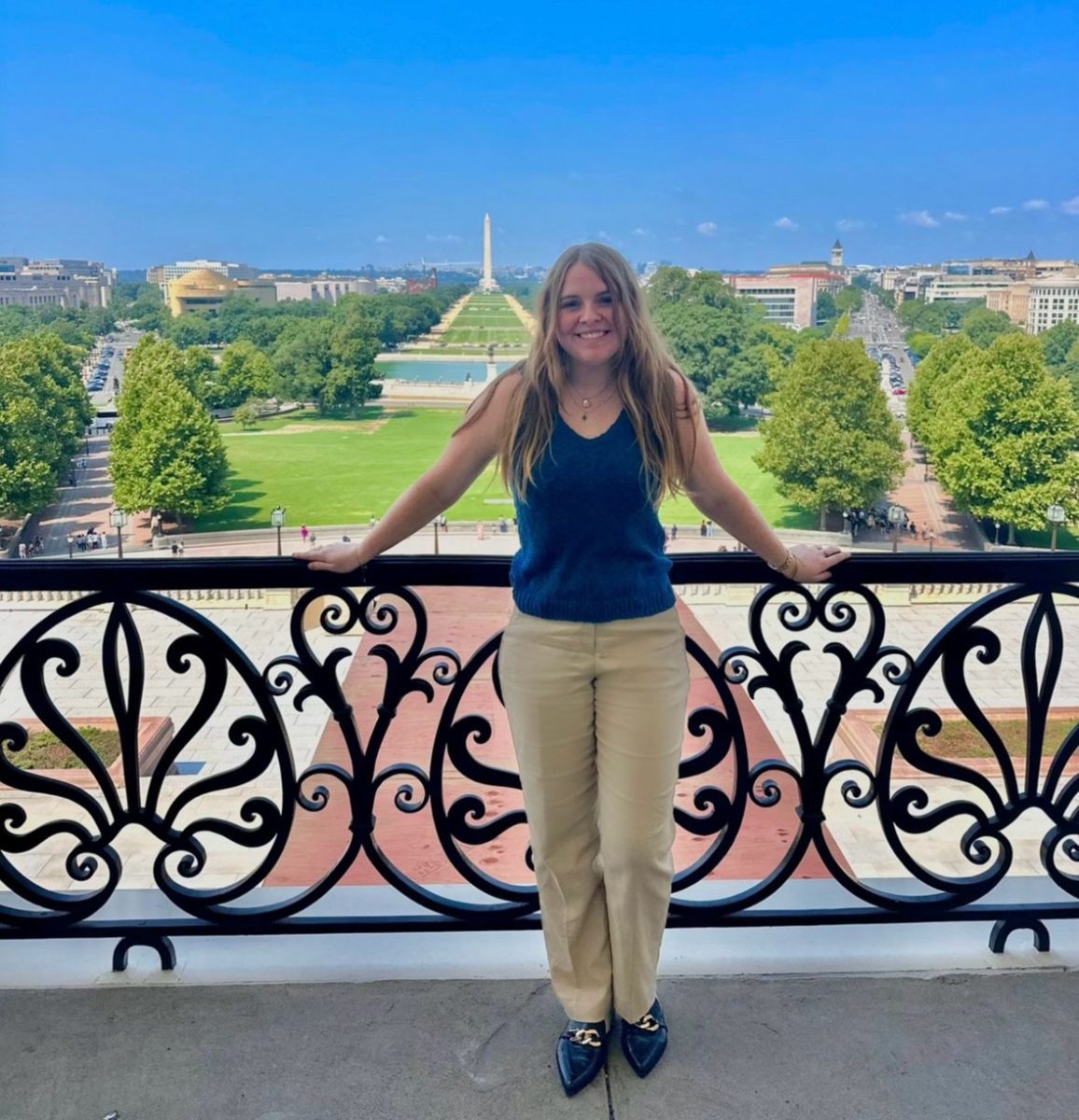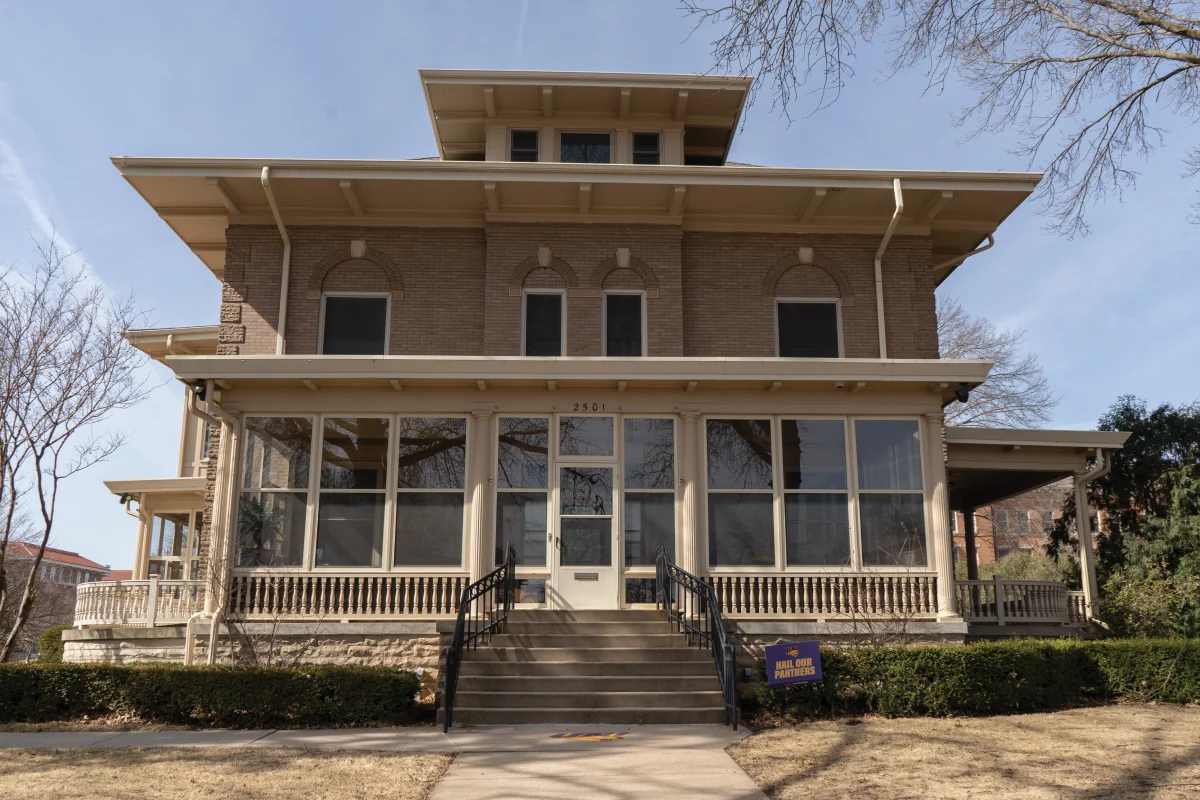United Faculty, UNI’s faculty union, recently published a press release providing specific evidence on lack of faculty compensation compared to peer institutions. United Faculty Vice President, Fernando Herrera Calderón provided more insight into how important it is that UNI faculty receive a raise in their upcoming negotiations.
“When we negotiated our current contract we asked for a 9% raise. The Board of Regents lawyer provided us with a 3% raise, which is obviously below what we were asking for and we left pretty disappointed,” said Calderón. The 3% raised UNI faculty received was the most they’d seen in years. Calderón also added that as insurance premiums continue to rise, that 3% raise might mean faculty make less overall as they put more money into their insurance plans. As United Faculty looks to January, when they revisit the negotiations table, they wanted to have hard evidence that UNI faculty needed a pay raise to keep up with the cost of living and keep up with peer institution salaries. “When we go into negotiations, to keep up with inflation and our peer institutions, UNI faculty would need a raise of 10%. Typically, or historically, the Board of Regents tends to give us much less than that,” said Calderón. According to the press release from United Faculty, all UNI professors only make 87% of what their counterparts at peer institutions make. Professors make about 84.5% of what their counterparts at peer institutions make.
According to Calderón, the lack of raises for UNI faculty doesn’t just affect faculty personally, but affects the entire UNI community as a whole. “Professors do their best work when they’re paid well. When they’re able to take care of what they need to take care of outside of the classroom, they flourish on campus. When you have a lower rate of pay, it makes recruitment that much harder for the entire campus. Then it starts to affect programs and could affect the quality of education for our students,” Calderón elaborated. According to the UNI 2022 climate survey, 63% of UNI’s faculty have considered leaving and 55% of that number considered leaving because of the salary rate. “UNI’s list of peer institutions are colleges across the country who have a similar faculty and student population. I believe it’s a list of ten institutions, and when it came to pay, in the past, UNI used to top that list. Over the past few years, UNI has dropped on that list time and time again,” Calderón said.
Calderón also expressed how important the role the state legislature plays in this situation. “With Chapter 20 being passed a few years back, it turns bargaining or negotiating into a sort of theater. It’s more symbolic than anything, because at the end of the day, our hands are kind of tied,” said Calderón. “We can present all of this information, we can present this evidence, but even then, we could get presented with a contract from the Board of Regents lawyer that has no raise for our faculty.” The Chapter 20 that Calderón refers to restricts Iowa union bargaining rights and the right for government employees to go on strike. “It makes it much more difficult for United Faculty to advocate for our faculty. Whether or not a faculty member is a part of our union, we still represent them when we sit at the negotiating table, that contract is for them as well,” said Calderón. According to Calderón, United Faculty and a few UNI administrators will sit at the negotiation table with the Board of Regents lawyer. The Board of Regents will present their offer, and United Faculty has the opportunity to counter. The Board of Regents will offer United Faculty a contract for the next two years. United Faculty has the opportunity to accept or decline the offer. If United Faculty declines the offer, Calderón says that the process “gets even more bureaucratic.” The offer contract would then go to an arbitrator, who would decide whether or not the contract is fair to both the Board of Regents and UNI faculty. “Even if we were to decline the offer and send it to an arbitrator, the Board of Regents could go lower. The Board of Regents essentially has all of the power in this situation,” said Calderón.
In anticipation of the negotiations in January, Calderón says the press release is to help build United Faculty’s case. “Hopefully having some hard evidence will be able to show the Board of Regents and even just the rest of the community how UNI faculty have been passed over for raises time and time again, we’re hoping that it’ll prove just how much this money would improve not just faculty’s lives but the entire university community.”


